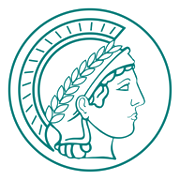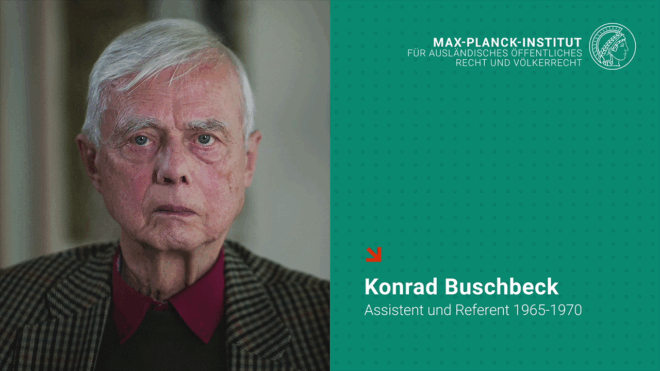While students rioted in Heidelberg’s streets and police stormed lecture halls, Konrad Buschbeck spent nights on a leather sofa, keeping watch over the Institute’s precious library. “We lived in another world,” he recalls of the legal scholars who remained largely untouched by the 1968 upheaval raging just miles away.
From 1965-1970, Buschbeck inhabited this insulated academic haven—a tight-knit community of “male German jurists” where formal address was standard and soccer games fostered the only informality. The Institute’s researchers heard about protests like “war correspondents,” reporting back from the outside world while their own routines continued undisturbed.
This isolation reflected deeper patterns: a generation’s reluctance to confront the Nazi past of figures like Carl Schmitt, whose “fascinating” intellect Buschbeck had encountered firsthand. While revolution called for accountability, the Institute’s elite networks quietly prepared members for careers in government, diplomacy, and European institutions.
Buschbeck’s reflections reveal how academic privilege can create both opportunity and blind spots. His journey from this protected world to roles including Germany’s first Science Attaché to Poland illustrates the complex legacy of institutions that shaped postwar German elites while remaining largely detached from the social upheavals around them.
About Konrad Buschbeck
Konrad Buschbeck is a retired German diplomat and legal scholar who bridged law, science policy, and international relations. Born in 1938, he earned his doctorate at the Max Planck Institute for Comparative Public Law and International Law (1965-1970) under Professor Karl Doehring.
His career exemplified the Institute’s “revolving door” function, transitioning from academia to high-level government roles. He served as legal counsel for the German Red Cross on Geneva Convention reforms and held positions in the Federal Ministry for Education and Research, Germany’s EU representation during enlargement.
His capstone role was as Germany’s first Science Attaché to Poland (post-1989), where he orchestrated the first official visit of a Max Planck Society president to Poland, advancing bilateral scientific cooperation during post-Cold War reconciliation. He received the Foundation for Polish Science’s Honorary Distinction for fostering German-Polish ties.


